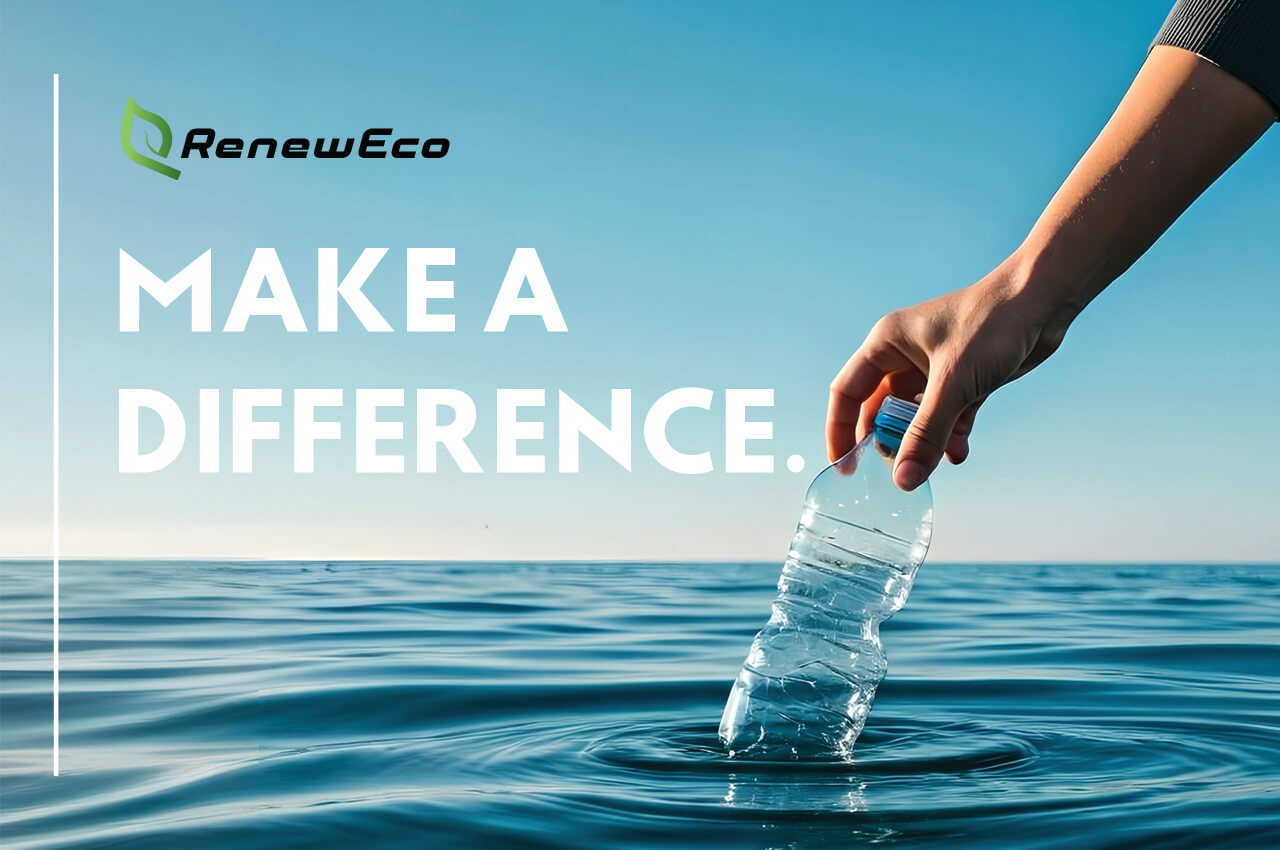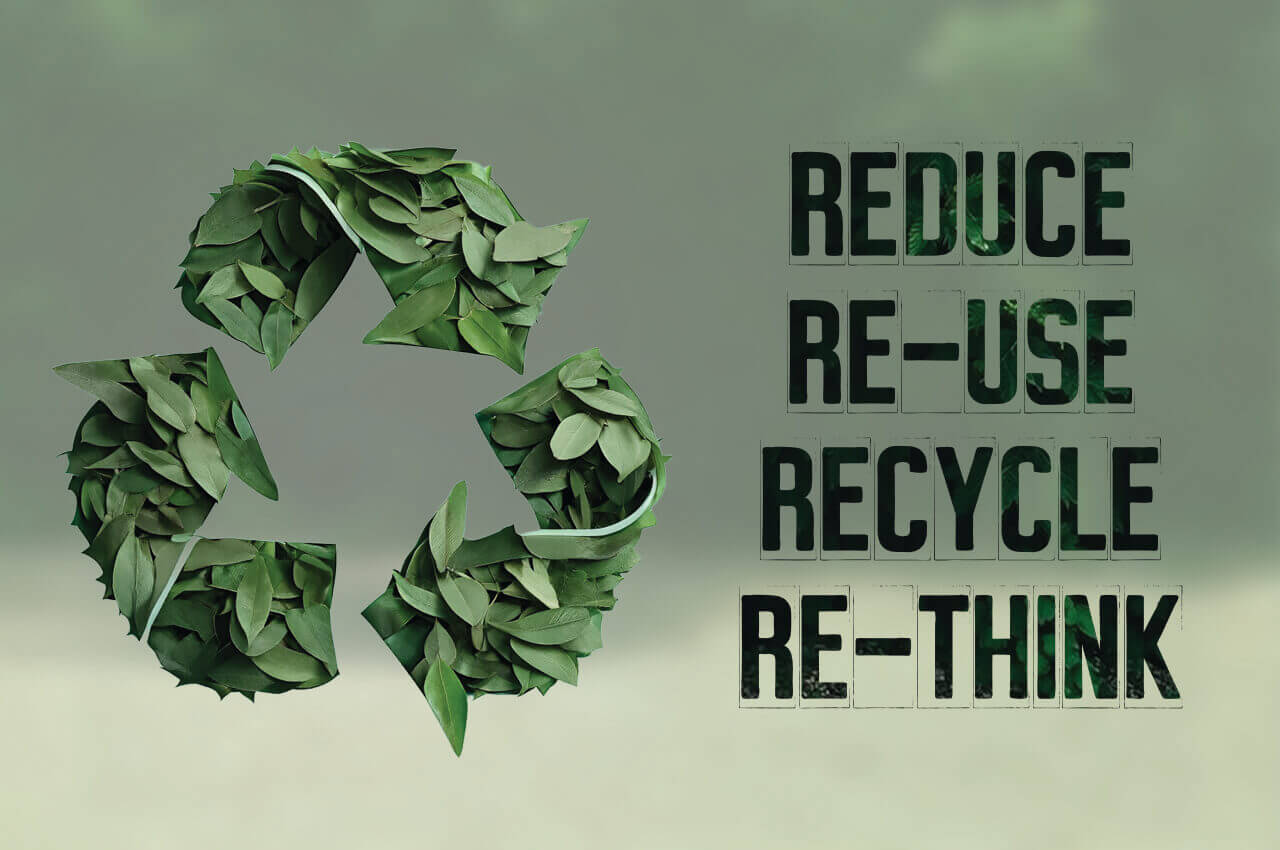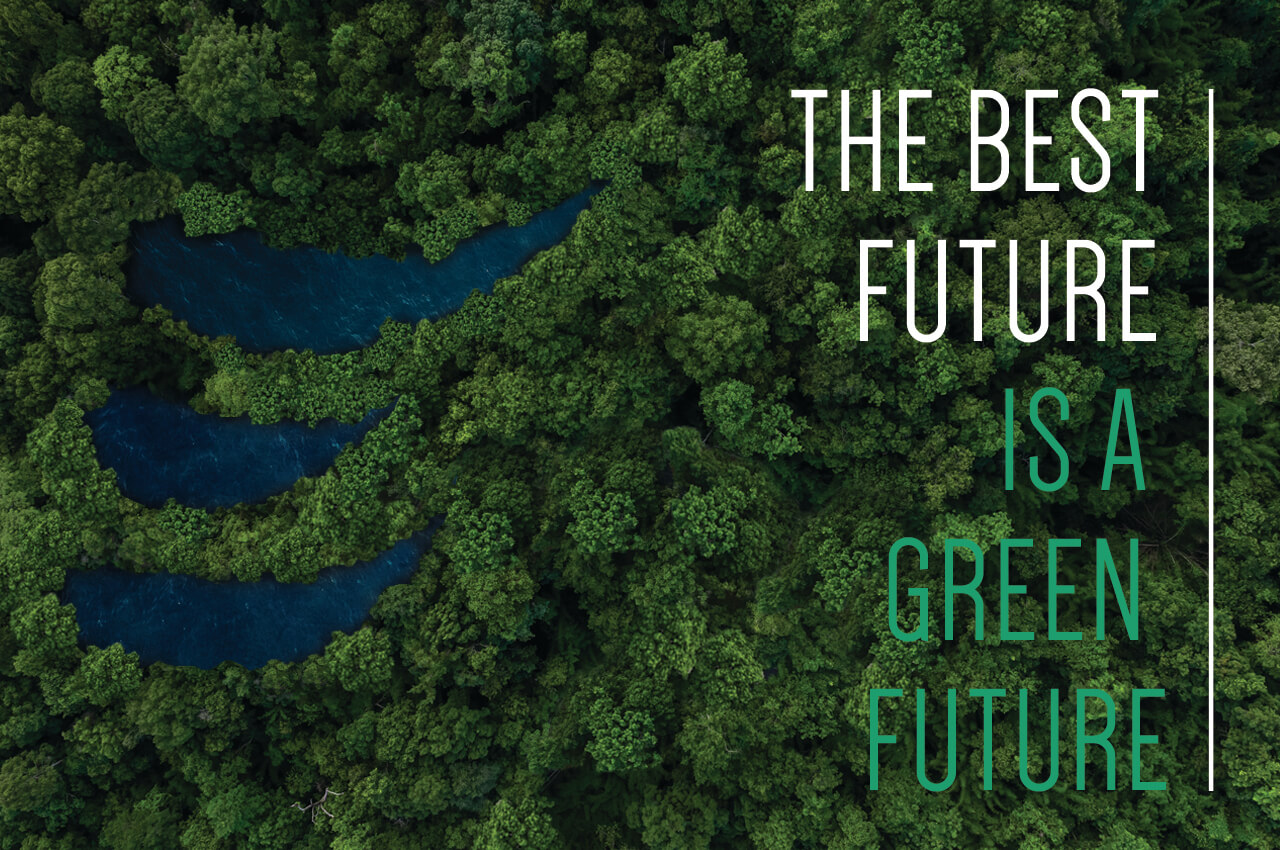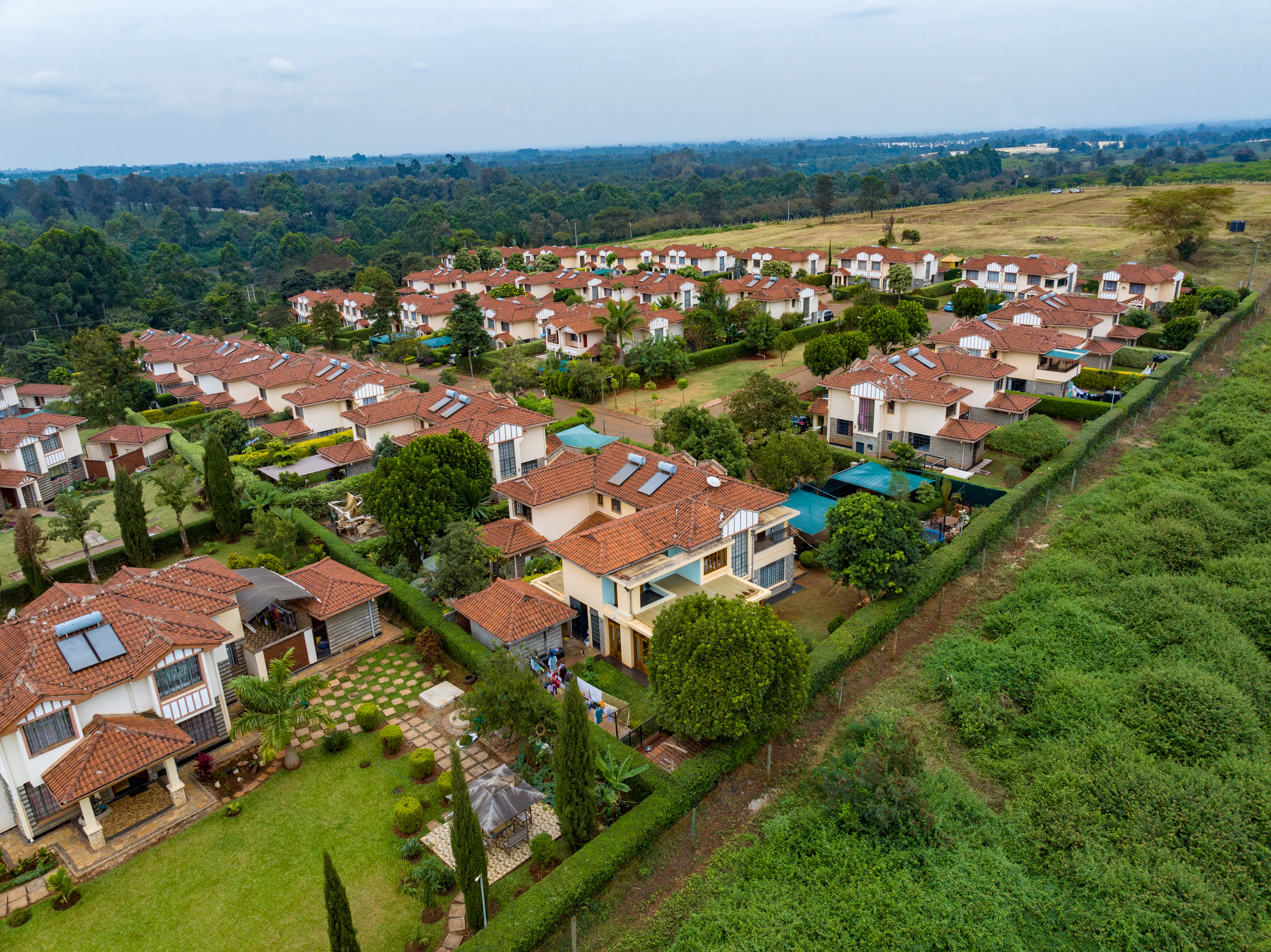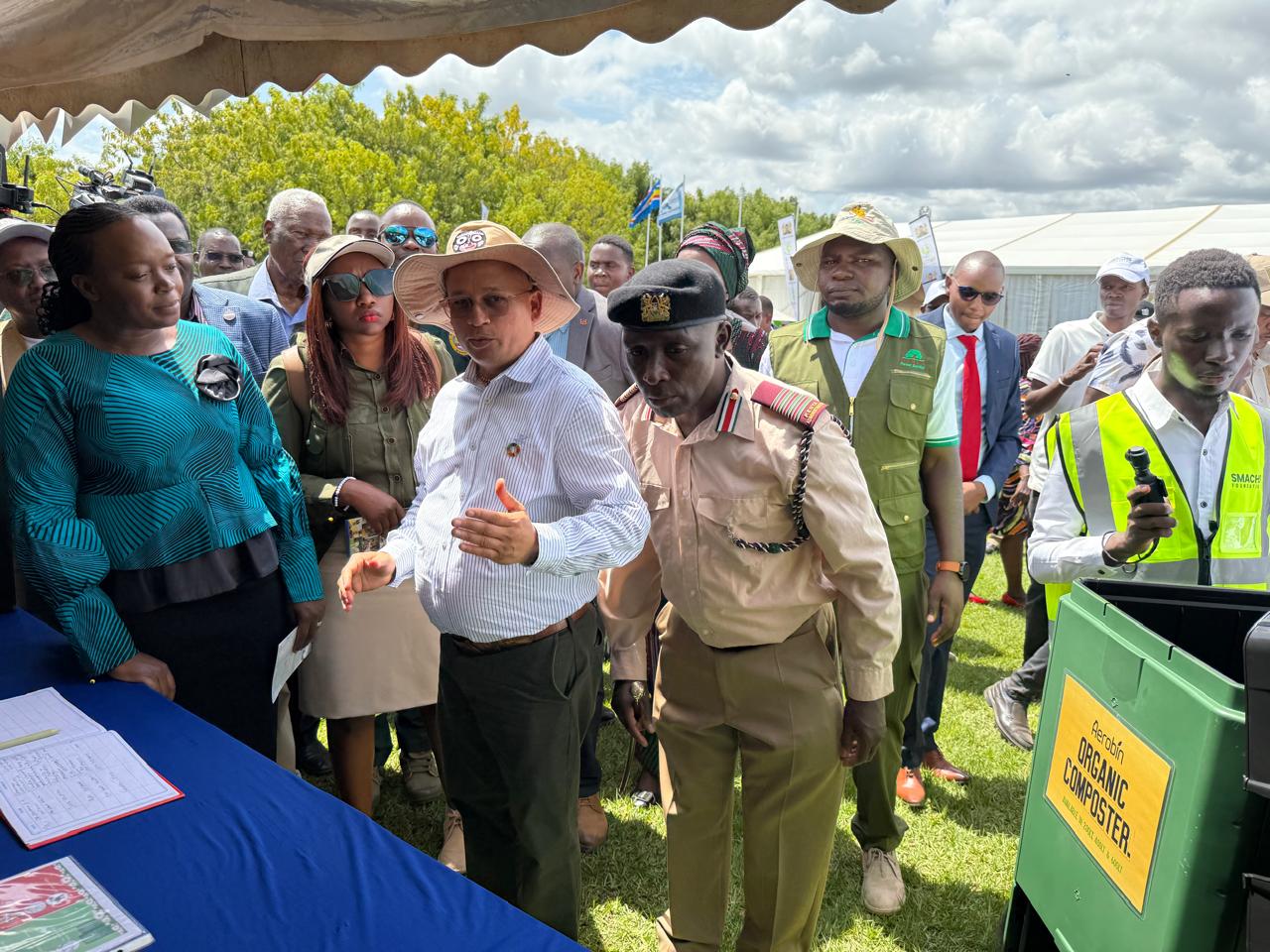At Ecoloop Solutions Africa, we are dedicated to promoting sustainable
solutions that
seamlessly integrate smart waste management into everyday life. Our vision is to empower
communities
towards a sustainable, zero-waste future. Through innovative technologies like the
Aerobin
composting system, we provide efficient, odor-free organic waste management
solutions for
households and communities.
One of our flagship solutions, the Aerobin, is at the heart of a growing
movement toward
responsible waste management. We are proud to highlight our collaboration with
Bahati
Ridge, the first residential gated community in Kenya to implement sustainable
waste
management through community composting with this system.
Transforming Waste Management at Bahati Ridge
Bahati Ridge has taken a bold and commendable step toward sustainability by adopting the
Aerobin
composting system. Through this initiative, multiple Aerobin units have been installed,
enabling the
community to segregate organic waste at the source, a key best practice in
effective
waste management.


To date, more than 2,000 kg (2 tonnes) of segregated organic waste from the
community has
started its odor-free composting cycle in the Aerobin. This has resulted in the production
of over
100 liters of liquid compost (organic fertilizer), supporting local food
production and
fostering a circular economy.

This initiative not only reduces the environmental footprint of waste generated within Bahati
Ridge, but
also contributes to food security by enriching the soil with natural,
chemical-free
compost.

Leading by Example: Supporting the SDGs
By adopting sustainable waste management practices, Bahati Ridge is setting
a powerful
example for other estates and communities. This project directly supports several United
Nations
Sustainable Development Goals (SDGs), including:
- Climate Action (SDG 13) – Reducing emissions from decomposing landfill
waste.
- Zero Hunger (SDG 2) – Enhancing food production with nutrient-rich
compost.
- Sustainable Cities & Communities (SDG 11) – Building cleaner, greener
neighborhoods.
Join the Sustainability Movement!
We encourage more estates, residential communities, and organizations to adopt
forward-thinking
initiatives like this. Sustainable waste management is more than an
environmental
responsibility, it’s an opportunity to build greener, healthier, and more resilient
communities.
At Ecoloop Solutions Africa, we believe sustainability is a shared
responsibility.
Together, we can turn waste into a resource and create a better future, one compost
bin at a
time.
Are you ready to take the next step toward a zero-waste future? Join us in closing the loop
on
waste.
